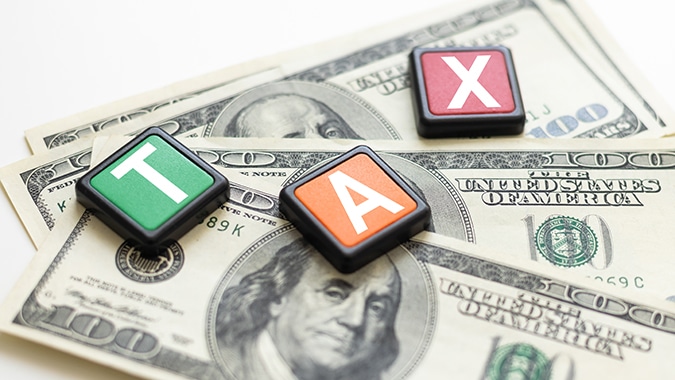New Jersey’s 10.75% top marginal individual income tax rate is the fourth highest in the nation in 2023, according to an analysis released Tuesday by the Tax Foundation, an independent tax policy think tank based in Washington, D.C.
California (13.3%), Hawaii (11%) and New York (10.9%) are the only states whose top marginal individual income tax rates exceeds New Jersey’s. The District of Columbia tied with New Jersey for the fourth highest income tax rate, followed by Oregon (9.9%) and Minnesota (9.85%).
Forty-three states and the District of Columbia levy individual income taxes. Forty-one tax wage and salary income. New Hampshire exclusively taxes dividend and interest income while Washington only taxes capital gains income.
Seven states—Alaska, Florida, Nevada, South Dakota, Tennessee, Texas, and Wyoming—levy no individual income tax at all.
Of those states taxing wages, 11 have single-rate tax structures, with one rate applying to all taxable income. The rest, including New Jersey, levy graduated-rate income taxes, with the number of brackets varying widely by state. For example, the top rate kicks in at or above $1 million in California, Massachusetts, New Jersey, New York, and the District of Columbia.
In 2022, 12 states enacted individual income tax rate reductions, a continuation from 2021 when 13 states enacted or implemented individual income tax rate reductions, according to the Tax Foundation. These 12 states are: Arizona, Arkansas, Idaho, Indiana, Iowa, Kentucky, Mississippi, Missouri, Nebraska, New Hampshire, New York and North Carolina.
Nearly all of the 2022 rate reductions in these states took effect on Jan. 1, 2023, except the tax cuts in Georgia, Iowa, Mississippi and Nebraska that are scheduled to be implemented in 2024. Some of the scheduled future rate reductions rely on tax triggers, where rate reductions will occur once certain revenue benchmarks are met.
Massachusetts was the only state to raise income taxes for this year, following the approval of a constitutional amendment by voters last November that added a 4% surtax to the existing 5% flat tax rate for annual income over $1 million.

